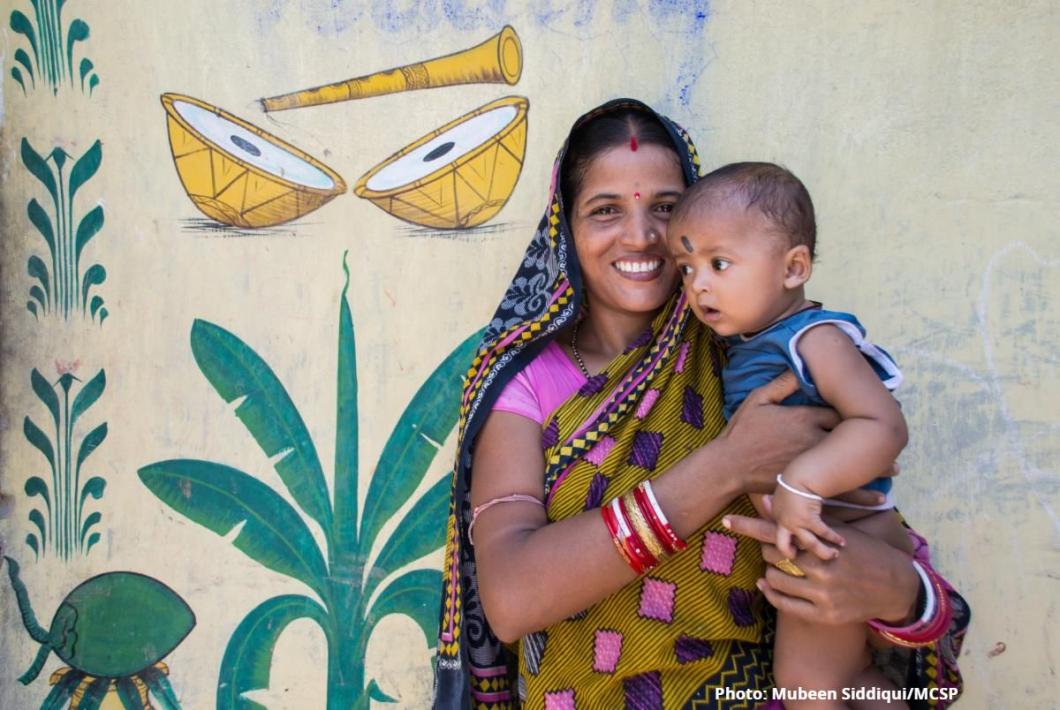
GREETINGS from the TASK FORCE SECRETARIAT
Dear Friends,
Thank you for your commitment-- the network is growing and opportunities for collaboration among organizations and across subgroups are increasing. I am pleased to share with you priorities, updates, and news from our network in this second newsletter of the year.
As we look to 2030, the Task Force will focus on strengthening our partnership with countries to address the unfinished child survival agenda and persisting inequities in child health. We are developing a strategy for 2021-2030 to guide engagement across the ten subgroups. To this end, I look forward to your continued participation in the subgroup events and more importantly, your engagement at the country level in order to accelerate progress in mortality reduction towards the 2030 targets for children.
I trust that you are staying safe and doing your part in protecting yourself and others from COVID-19.
Sincerely,
Dyness Kasungami, Director of the Child Health Task Force
RE-IMAGINING TA COUNTRY CASE STUDIES
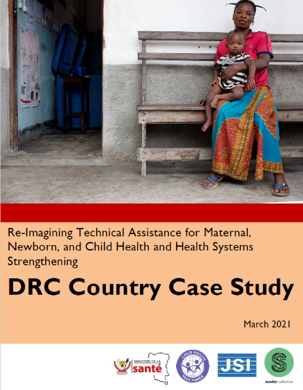 The Task Force is proud to share two recently published country case studies from our work on
The Task Force is proud to share two recently published country case studies from our work on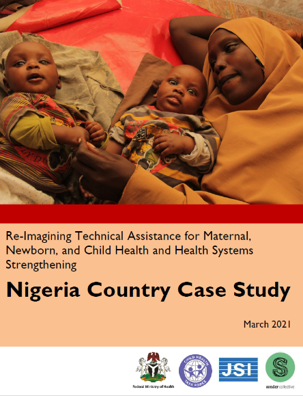 the Re-Imagining Technical Assistance for Maternal, Newborn, and Child Health and Health Systems Strengthening (RTA) program.
the Re-Imagining Technical Assistance for Maternal, Newborn, and Child Health and Health Systems Strengthening (RTA) program.
The two country case studies capture experiences and lessons learned with the DRC case study focusing on the co-creation process and its outputs, and the Nigeria case study centering around the RTA processes of human-centered design and systems thinking.
Co-creation and HCD more broadly are approaches that engage stakeholders as equal partners in problem definition and solution framing. They are tools to strengthen ownership of programs and should be in your toolkit for program planning.
Both case studies are also available in French (DRC and Nigeria).
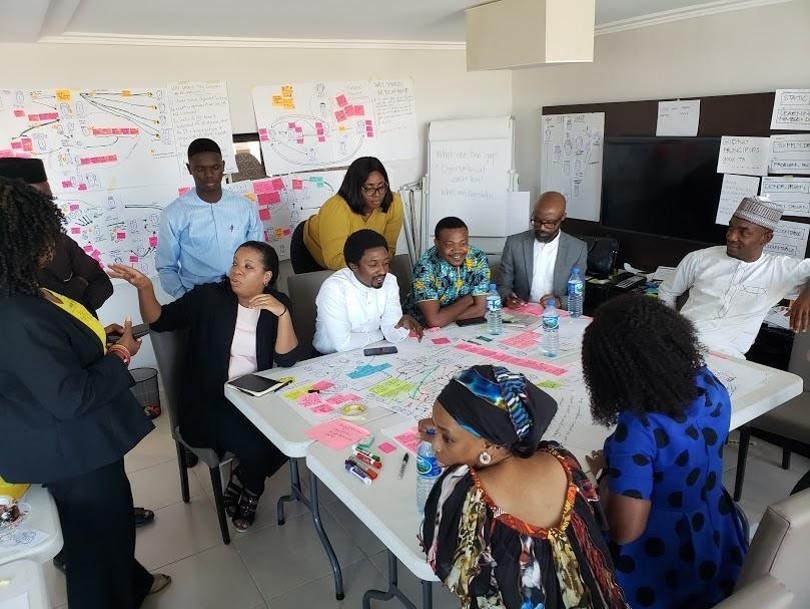
COMING SOON: SCHOOL HEALTH & NUTRITION WEBPAGE
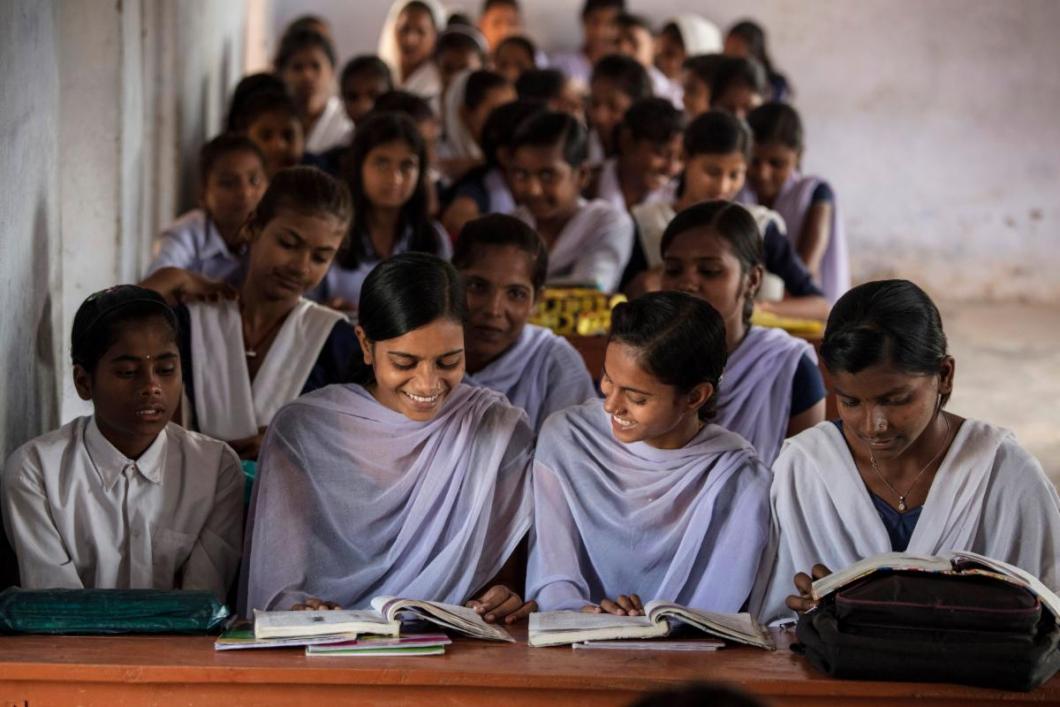
We are excited for the upcoming launch of a new webpage on the Task Force's website that will be focused on school health and nutrition. The page will feature key resources, rotating practitioner spotlights along with news, stories, and events. More details to come.
School health and nutrition (SHN) represents a critical opportunity to strengthen the human capital of children and adolescents during the years in which they are growing and maturing. For the health sector, schools present a cost-effective platform for reaching school-aged children with routine interventions. For the education sector, the delivery of health services supports children’s wellbeing and ensures that a child’s poor health is not a bottleneck to learning, growth, and cognitive formation.
CHILD HEALTH TASK FORCE STEERING COMMITTEE MEETING MARCH 2021

The Steering Committee convened virtually for its bi-annual meeting on March 30-31 to review progress to date and develop a strategic vision for the Task Force that will take it to 2030 . The committee members aligned on the critical need to partner with countries to accelerate progress towards the SDG under-five mortality target, addressing the unfinished child survival agenda and persisting inequities in child health. This discussion considered feedback from members provided through the 2020 pulse check survey and membership meeting. Strategic planning will continue with the subgroup co-chairs in May and lead to the development of a Task Force Roadmap to 2030 with tangible outcome measures for the next nine years along with an action plan and results framework for the next three years.
If you have ideas or feedback for the Task Force Secretariat, Steering Committee, and co-chairs on how our current themes, objectives, and activities could be updated, feel free to email childhealthtaskforce@jsi.com. You can view the 2018-2020 TORs and strategic matrix for reference.
Full meeting minutes.
SUBGROUP SPOTLIGHT: Implementation Science Subgroup

Are you working on a child health research project in your country that you would like to share with the broader child health community? The Implementation Science subgroup of the Task Force is conducting an inventory of current implementation research on child health in countries, and we are seeking your input. Please complete this brief survey (~5 minutes) before May 31st with the name of your study, organization(s) involved, country & project timeline. Please include studies which are ongoing or recently completed in 2020. Select studies will be highlighted at upcoming subgroup webinars and meetings, in future newsletters, and may be featured in a journal supplement later this year.
SUBGROUP UPDATES
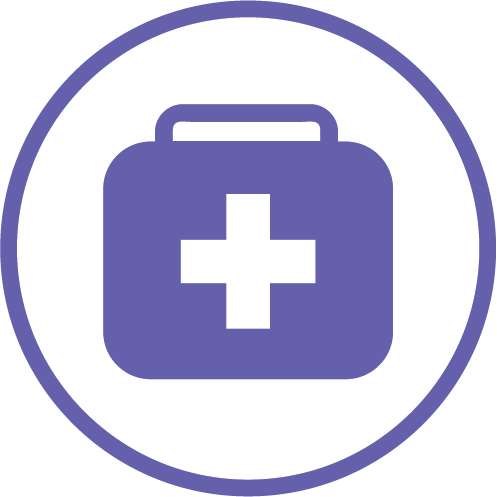
Child Health in Emergencies and Humanitarian Settings
The last subgroup meeting on February 25th focused on setting objectives for 2021 and gathering members’ input on the revised work plan. A recording from the meeting and meeting minutes are available (passcode: +5&92sS?). Register to join their next meeting, which will be rescheduled from May 13 due to Eid.
A warm welcome to the subgroup’s new co-chair, Jane Achan, who is a Senior Research Advisor from the Malaria Consortium and is based in Uganda. The subgroup hosted the 10th session in the Task Force series “Understanding Child Health in the Context of COVID-19” on April 13th. The webinar shared a global overview of COVID-19 vaccine availability along with lessons from Ghana and Kenya and implications for children including negative impacts on the delivery of routine immunizations. The recording and slides are available to view (passcode: =NF+9nL=).
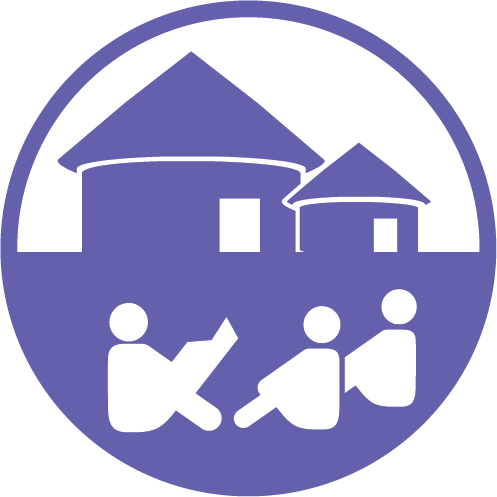
The subgroup is thrilled to welcome new co-chair Humphreys Nsona, Program Manager and Head of IMCI at the Ministry of Health, Malawi. On February 11, the subgroup hosted a webinar to share RBM’s guide to engaging with the Global Financing Facility to advocate for malaria and iCCM resources for children. A recording of the webinar is available (passcode: !pLQv@2U). The most recent meeting launched a collaboration between the President’s Malaria Initiative (PMI) Impact Malaria (IM) and the subgroup to develop a toolkit on institutionalizing iCCM. To get involved with this stream of work, email the Task Force or subgroup co-chair Anne Linn (alinn@usaid.gov). The recording of the meeting is available (passcode: cm6p930^). The new subgroup TORs have been posted on the webpage, after consulting with subgroup members.
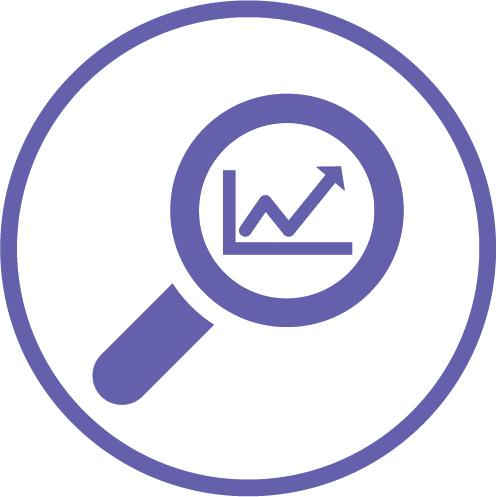
In collaboration with the Private Sector Engagement subgroup and the ENAP Metrics Working Group, the subgroup reviewed two guides within the Nurturing Care Handbook, Strategic action 4: Monitor Progress and Strategic action 5: Scale up and innovate. Sixteen reviewers responded via an online form and 38 more attended the meeting to provide additional input. The co-chairs synthesized and shared feedback with the WHO Nurturing Care Framework team to inform the next version of the handbook. A recording from the meeting is available (passcode: RnS**4Z8) along with the consolidated feedback.
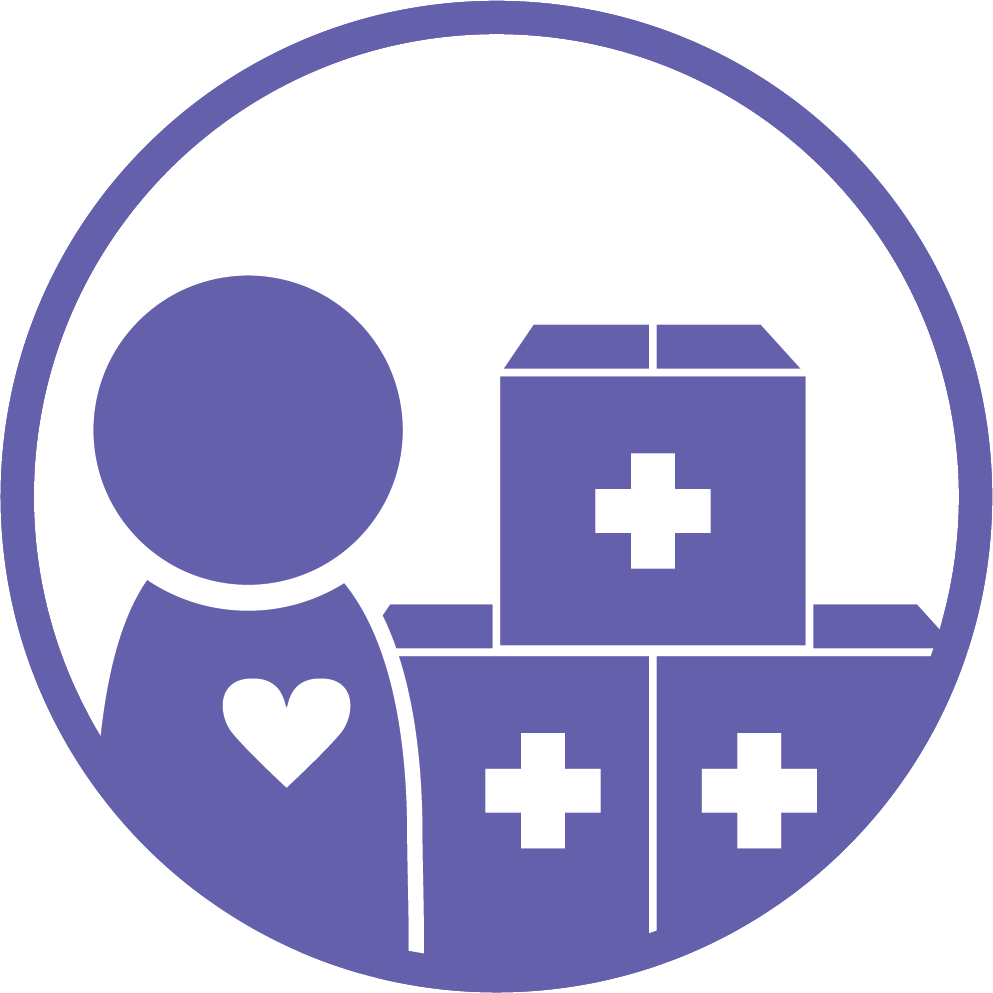
Newborn and Child Health Commodities
The subgroup hosted an engaging webinar on April 27th sharing the challenges that registration pose to access to essential maternal, newborn and child health (MNCH) medical products. The USAID Medicines, Technologies, and Pharmaceutical Products (MTaPS) program shared results from a nine-country study, and country leads shared lessons learned from Mozambique and Nepal. Access a recording of the webinar (passcode: #+6J.jbV).
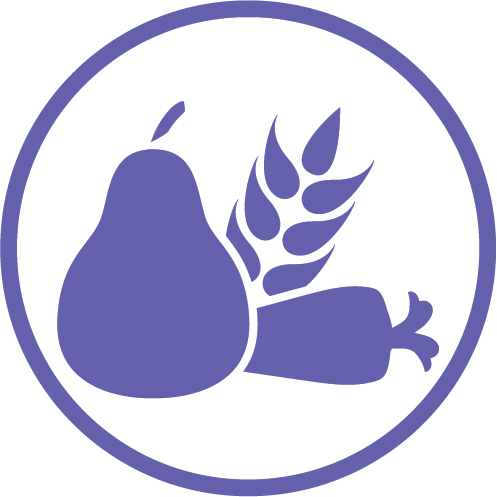
The subgroup hosted a meeting on February 4th that featured a presentation on the UNICEF-Results for Development (R4D) Partnership for Integration of Wasting Treatment into Routine Health Systems. A recording of the meeting is available (passcode: 6P8#4mek). Recently, the subgroup hosted a webinar on “Caring for Small & Nutritionally At-Risk Infants and their Mothers.” (passcode: H&#Pr457).
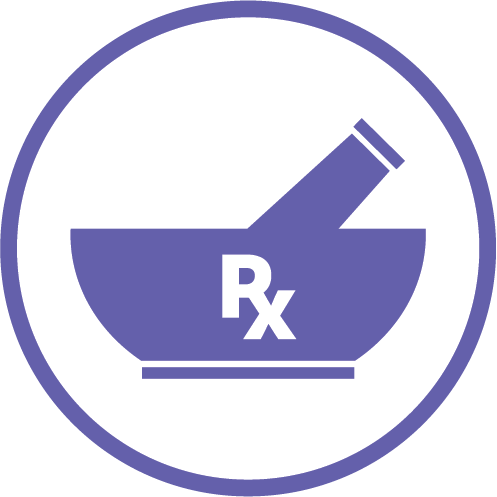
The subgroup co-hosted a webinar with the QoC subgroup on quality of care for IMNCI in private and public health facilities. The presenters shared findings from a SHOPS Plus secondary analysis of Service Provision Assessment survey data from seven countries. A recording of the webinar is available (passcode: 3J#CZAG8). Their next webinar on May 20th will feature work in Nepal to engage private health providers in scaling access to high quality neonatal and child health services. Register to attend.
![]()
On March 22th, the subgroup co-hosted a webinar with the Network for Improving QoC for MNCH to share principles and approaches for quality improvement in pediatric care, including lessons learned from two large-scale QI programs in Ghana and Kenya. A recording of the webinar is available (passcode: O?0s98V8). The subgroup is trying hard to reach its francophone members, despite limited resources for translations, and welcomes your feedback. A survey of activities that address QoC at the community level was circulated in March to the members and will inform best practices and guidance for QI in community-based PHC. Contribute your ideas for subgroup activities in this collaborative spreadsheet and register for quarterly meetings. Register to join the next subgroup webinar on oxygen delivery. More details below in the events section.
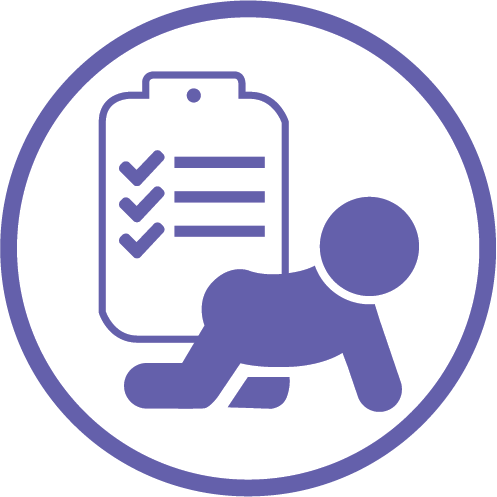
Re-imagining the Package of Care for Children
Join the subgroup for a series of deep dives on addressing non-communicable diseases (NCDs) in children. The discussion series will feed into UNICEF’s vision document for child health NCDs programming. Register to join more details in the events section below. The subgroup continues its school health and nutrition stream of work and will be highlighting resources and news on the upcoming SHN webpage.
If you have not already, join individual subgroup mailing lists by completing this brief online form.

NEWS FROM THE NETWORK
- Article Series: BMJ's Child Health Redesign | WHO and UNICEF published a series of articles that focuses on a life-course (0-18 years) and multi-sectoral approach to child and adolescent health and wellbeing.
- Conference: Institutionalizing Community Health Conference (ICHC) | Led by UNICEF and USAID in collaboration with the Bill & Melinda Gates Foundation, the Community Health Roadmap, and the Community Health Community of Practice (CH-CoP), the event aimed to renew global commitments to a decade of accelerating PHC though community health to achieve the SDGs, drawing from the opportunities and lessons learned from the COVID-19 response. Nearly 1,300 people engaged in the conference, which facilitated cross-country and global-level learning on themes such as gender dynamics in community health, pandemic response, tracking progress, digital health, financing community health, implementation research, and multi-sectoral action.
- Convening: Opening Forum of the AlignMNH Collective | The two-day virtual forum, held on April 20-21, focused on discussions to promote the sharing of evidence, knowledge, and experiences in maternal and newborn health communities. All sessions were recorded and archived on AlignMNH.org
- Launch Event: Reclaim the Gains: Don’t let COVID-19 Turn Back Progress on the Health of Women, Children and Adolescents | On May 7th, the GFF hosted a virtual event to share how they are taking bold, smart action to protect essential health services and take stock of progress. The event also launched GFF’s ask of $1.2 billion for 2021 that will help support countries to reclaim the gains and accelerate progress for women, children and adolescents.
- Survey: Update of the Guidelines on the Management of TB in Children and Adolescents & Operational Handbook | The WHO is seeking input from those who work in planning and implementing TB care for children and adolescents in its effort to update its guidelines and develop an operational handbook (both to be published in December 2021). Seeking to better understand the current needs, practices, and challenges of those who work in the space, the Global Tuberculosis Programme has developed a short, anonymous survey. Please share with your network or to those who could provide useful insights.
- Report: State of School Feeding Worldwide | Launched on February 24th, the World Food Programme's report provides an analysis of the state of school feeding in 2020, the impact of COVID-19 on school feeding, and what can be done to restore this global safety net.
- Article: The role of governance in implementing sustainable global health interventions: review of health system integration for integrated community case management (iCCM) of childhood illnesses | Review of iCCM of childhood illnesses published in BMJ Global Health.
- MTaPS Program Resources: The Maternal Newborn and Child Health (MNCH) & Pharmaceutical Systems Strengthening Microlearning Course raises awareness and promotes understanding of why it is important to strengthen pharmaceutical systems in countries for MNCH medical products. The Toolkit for Administration of Amoxicillin for Childhood Pneumonia aids better adherence to treatment guidelines for pediatric pneumonia by health care providers and correct medicine administration by caregivers of children with pneumonia.
- Resource: Adolescent Nutrition Resource Bank | USAID Advancing Nutrition recently published a comprehensive resource bank with 150+ materials to support governments, UN agencies, donors, development partners, private sector entities, faith-based and youth-led organizations, civil society, service providers, and communities to improve nutrition programming for adolescents.
- Webinar: Action for the Newborn: Global and Country Priorities and Implementation (passcode: 8?#jQF5W) | A global newborn action plan, developed by a dynamic group of global and country champions, was endorsed at the World Health Assembly in 2014. This initiative catalyzed the development of over 50 national action plans in three years. This webinar hosted by the Child Health Task Force presented an overview of global newborn priorities as articulated in the Every Newborn Action Plan Results Framework and highlighted country experiences from India, Ethiopia, and Bangladesh.
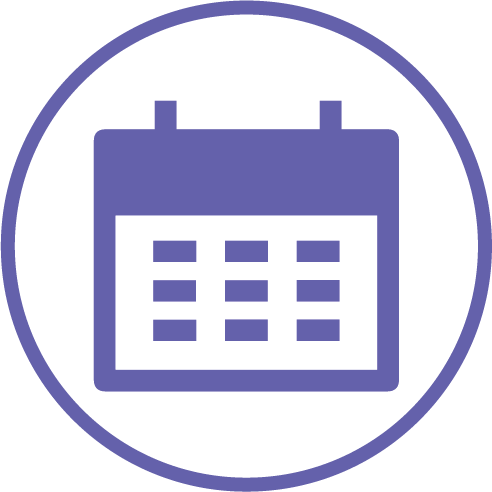
UPCOMING EVENTS
- May 11, 2021, 8:00am EDT [GMT-5] | New Resources for IYCF Programming - Updated Image Bank
For infant and young child feeding (IYCF), images can present complicated breastfeeding and complementary feeding practices quickly and succinctly. The IYCF Image Bank, a collaboration between UNICEF and USAID Advancing Nutrition, was designed to make high-quality illustrations available for nutrition programs to use and adapt in their IYCF programming. Join them for a webinar to hear speakers highlight key features of the IYCF Image Bank and explore how images from the Bank can be adapted to fit various cultural contexts. - May 12, 2021, 9:00am EDT [GMT-4] | Hypoxemia in primary health care settings and implications for oxygen services
The Child Health Task Force's Quality of Care subgroup will be hosting a webinar to review evidence of hypoxemia and outcomes among children in primary health care settings and to discuss implications for oxygen services. - May 14, June 11, and July 9, 2021, 9:00-10:30am EDT [GMT-4] | Lifelong Care for Children with Chronic Conditions
This discussion series, hosted by the Task Force, is an opportunity to present and solicit feedback on UNICEF’s early working vision/framework for programming in child health of how specific non-communicable diseases could be integrated into primary health care and the referral system. The sessions will aim to draw lessons from these case studies and reflect on broader programming and implications on implementation. - May 20, 2021, 11am-12pm EDT [GMT-4] | Engaging the Private Sector in High Quality Neonatal and Child Health Care
The Task Force's Private Sector Engagement (PSE) subgroup will share work recently conducted in Nepal and other contexts aiming to engage private health providers in scaling access to high quality neonatal and child health services. The webinar will highlight key lessons from the Nepal experience that can directly inform global efforts. - May 17-18, 2021, 8:00-11:30 EDT [GMT-4] | Lives in the Balance Summit: Equity in COVID-19 Recovery
PMNCH; the Global Financing Facility for Women, Children and Adolescents (GFF); Gavi, the Vaccine Alliance; and CORE Group will co-host this third summit, building on previous Lives in the Balance summits, which revealed the urgent needs of women, children and adolescents during COVID-19, and enabled coordinated action by partners and governments to help meet those needs. Join the conversation to advocate for equity in the COVID-19 recovery for all women, children and adolescents.
